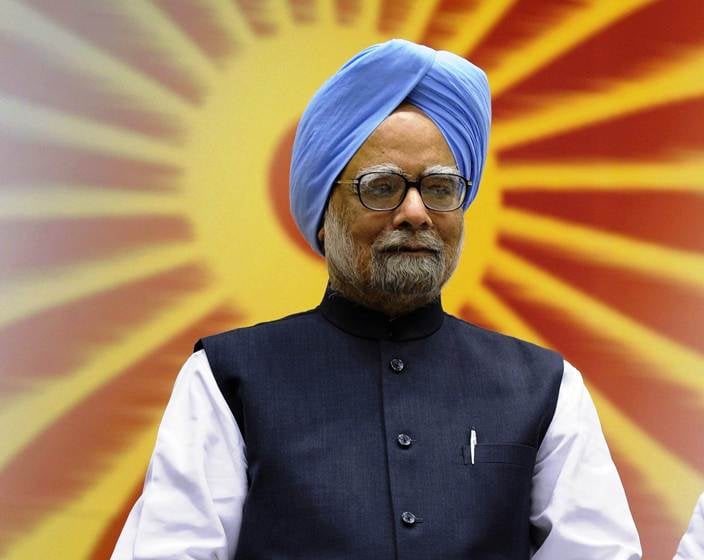
Manmohan Singh, India’s former prime minister and a distinguished economist, passed away on Thursday at the age of 92. Known for his transformative leadership and economic reforms, Singh breathed his last at the All India Institute of Medical Sciences (AIIMS) in New Delhi, where he was admitted following a sudden loss of consciousness. He had been undergoing treatment for age-related health issues.
Manmohan Singh served as India’s prime minister for two consecutive terms, steering the country through a period of significant growth and change. Born into a humble family in a region of British-ruled India that is now part of Pakistan, Singh’s journey from a small village to one of the highest offices in the land is a story of resilience and brilliance.
Despite growing up in poverty, Singh excelled in academics, studying under the dim glow of candlelight. His hard work earned him a scholarship to the prestigious Cambridge University, followed by Oxford University, where he completed a doctorate in economics. His thesis focused on the role of exports and free trade in India’s economy, laying the foundation for his later contributions as a policymaker.
Manmohan Singh’s political journey began unexpectedly when he was appointed India’s finance minister in 1991. At the time, the country faced a severe economic crisis. Singh introduced sweeping reforms, including deregulation and liberalization, that opened India’s economy to global markets. His visionary policies not only averted the balance of payments crisis but also set the stage for India’s emergence as a major economic power.

Quoting Victor Hugo in his first budget speech, Singh famously said, “No power on earth can stop an idea whose time has come,” referring to India’s potential to become a global economic leader. His leadership as finance minister earned him widespread respect and admiration, cementing his reputation as a reformer.
In 2004, Singh’s ascent to the position of prime minister came as a surprise to many. Sonia Gandhi, leader of the Congress Party, chose him for the role, avoiding potential controversies linked to her foreign origins. As the first Sikh to hold the office of prime minister, Singh led India with humility and quiet determination. His governance was marked by efforts to alleviate poverty and promote inclusive growth, which lifted millions of Indians out of economic hardship.
Singh’s contributions were widely recognized, with current Prime Minister Narendra Modi expressing condolences and acknowledging his legacy. “India mourns the loss of one of its most distinguished leaders, Dr. Manmohan Singh Ji,” Modi said, praising Singh’s unparalleled contributions to the nation.
Known for his integrity, intellect, and commitment to public service, Manmohan Singh leaves behind a legacy that continues to inspire. His leadership and reforms not only reshaped India’s economy but also demonstrated the transformative power of visionary policymaking.
As India bids farewell to one of its most remarkable leaders, the impact of Manmohan Singh’s life and work will be remembered for generations to come.


